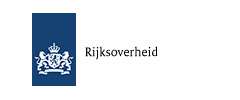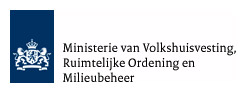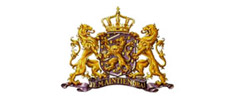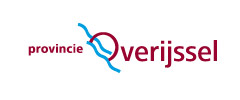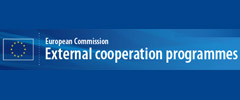International Women's Day 2016: Women call for better protection from hazardous chemicals worldwide
WECF releases “Women and Chemicals” publication and calls for more political action for better health protection from harmful chemicals
07.03.2016 |

In our modern societies, women and men are all continually exposed to hazardous chemicals in their every day lives. But women are often differently exposed due to their (entrenched) gender roles and because of biological susceptibilities and health impacts. WECF, an international network of civil society organisations working for a healthy environment and gender-just society in over 50 countries, presents therefore at International Women’s Day 2016 a deeper look at the nexus between gender roles and women’s exposure to hazardous chemicals worldwide with its publication of “Women and Chemicals“.
In this publication WECF looks at the impacts of e.g. highly hazardous pesticides, mercury, and endocrine disrupting chemicals on women’s health. Women and Chemicals was developed with support and expertise from the United Nations, civil society and scientific institutes. The views expressed in the publication are WECF’s.

Hazardous chemicals can be found in the air we breathe, in the food we eat, in the water we drink. People are largely unaware of this daily chemical exposure. The negative impact of these chemicals affects the environment and human health and can cause a number of lifelong and irreversible diseases and chronic ailments.
The World Health Organisation has established links between hazardous chemicals and the increased risk of breast cancer. It estimates that around 1.7 million women will be diagnosed with breast cancer in 2020.
Women are exposed to a range of hazardous chemicals at home and at work. The publication looks at specific cases in all parts of the world such as women as pesticide sprayers, waste pickers, house cleaners, employed in the plastics industry etc., and as consumers of products which contain toxins. It analyses the issues from an intersectional perspective, and recognises that different regions have to deal with different problems. Exposure to toxic chemicals can lead to serious health effects, such as (breast) cancer, diabetes or infertility.
The Publication Women and Chemicals
Corinne Lepage, Former French environment minister and chair of the WECF Board of Trustees, says: “I am worried especially about hormone disrupting chemicals. Although we know about the threat to environment and human health, the EU Commission so far has not been able to regulate EDCs. In particular women and men who are planning to have children, need to be better protected from and informed about EDCs. This report is a good starting point to show the linkage between chemical exposure of women and increasing rates of diseases and that political action is needed now.”
Alexandra Caterbow, WECF states:“in this report we focused on women, because often men’s health impacts are already better known, from reduced sperm-counts to testicular cancer and genital malformations.4 We call on urgent legislative measures to better protect the health of women, men and children from hazardous chemicals. Immediate steps have to be taken to end use of highly hazardous pesticides, to phase out EDCs such as Bisphenol A from consumer products and packaging, to ban mercury use in artisanal small gold mining, and to promote the use of safer substitutes and non-chemical alternatives”
To celebrate the launch of this publication, WECF will be hosting an Ask Me Anything (AMA) on Reddit where we will invite the general public to ask us questions on the findings of the report.
Related News
Getting to the Future We Want
4-7 November, Brussels: European Environmental Bureau’s (EEB) Annual Conference
12.11.2018
Human Biomonitoring for Europe
Vienna, 26 September: stakeholder forum
28.09.2018
A life without plastic, wouldn't it be fantastic?!
Interview with Charlotte Schueler of @PlastikfreiLeben, who lives a zerowaste life in Munich, Germany and shares her experiences to her 25.2 thousand followers on instagram & 37.2 thousand followers on facebook
14.09.2018
Calling for periods free from plastic & hazardous chemicals
Letter to Frédérique Ries, MEP, European Parliament on behalf of the #BreakFreeFromPlastics movement
04.09.2018



















